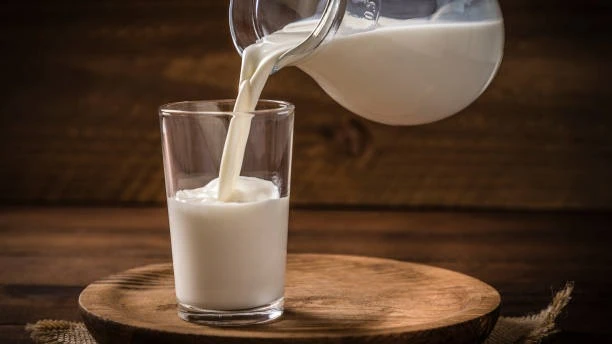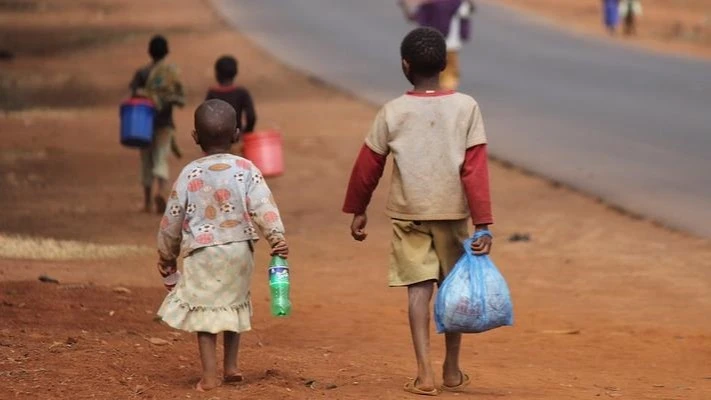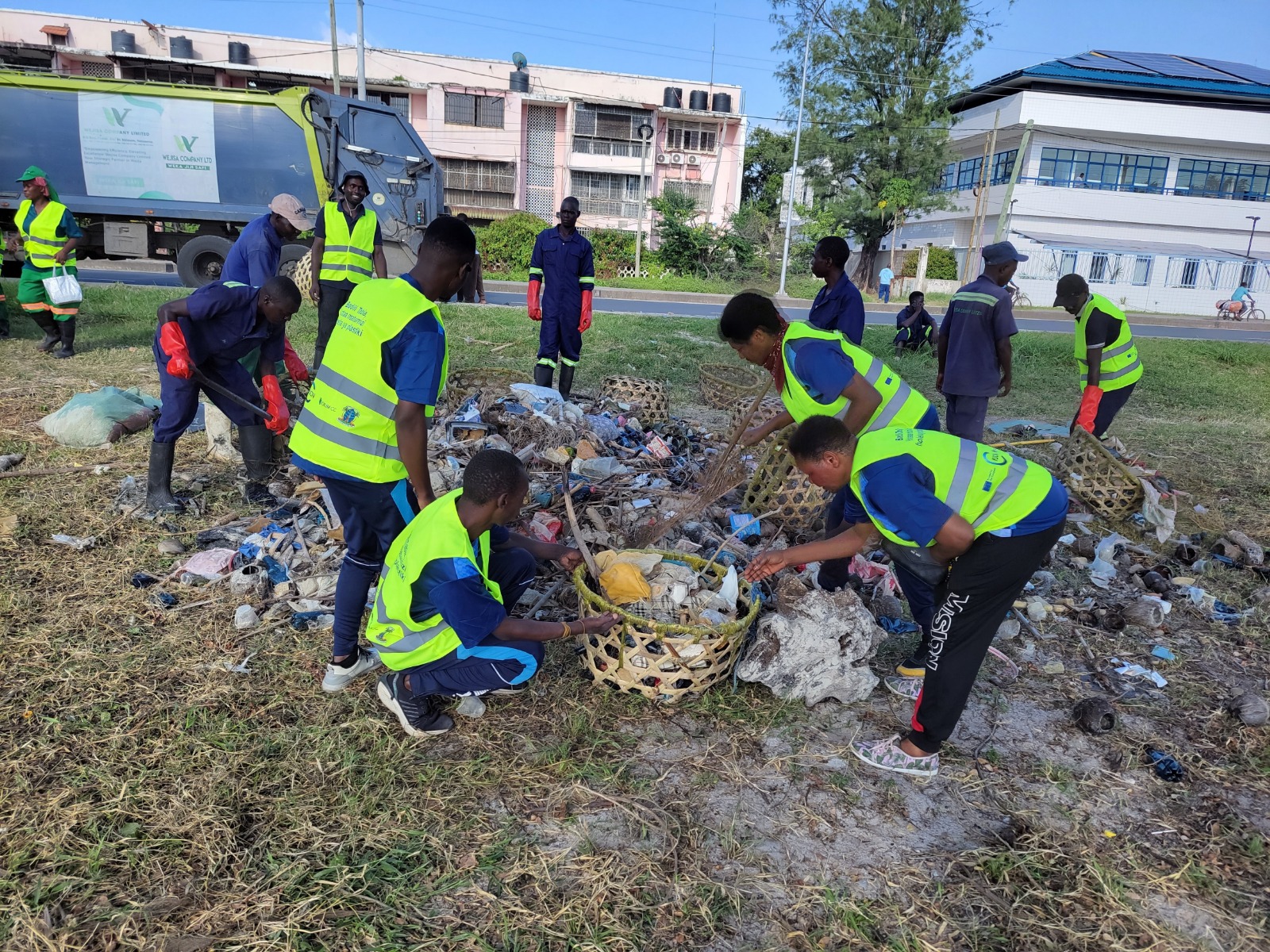CHAWAKIM calls for an end to unregulated milk sales

THE Kiluvya Livestock Cooperative Society (CHAWAKIM) has urged the government to enforce policies that protect the dairy sector in order to curb the unregulated sale of milk, which poses health risks to consumers.
Speaking to Nipashe Digital at the 49th Dar es Salaam International Trade Fair (DITF), CHAWAKIM’s accountant, Nicholas Kelya, said the high demand for milk has led to widespread informal selling, especially during the rainy season.
He noted that the rainy season brings abundant pastures, increasing milk production. However, this often results in poor-quality milk being sold without proper standards being observed.
“During the rainy season, milk becomes easily available but lacks quality. Many Tanzanians don’t prioritize quality only price. For instance, if you go to Ubungo during this season, you’ll find people selling milk for TSh 1,000 per litre, but it’s of poor quality,” said Kelya.
He added that the Dairy Board could help regulate the market to prevent the informal sale of milk, particularly by unregistered sellers during the rainy season. He explained that while the cooperative sells up to 14,000 litres per day during the dry season, the figure drops to 10,000 litres during the rains due to competition from low-quality milk.
“This shows that even though milk is abundant during the rainy season, its quality is questionable. That’s why we emphasize policy enforcement and proper implementation,” he said.
Kelya also noted that the milk business requires careful handling to avoid losses, pointing out that there is a huge demand in the Dar es Salaam market.
He revealed CHAWAKIM’s plan to build a milk processing plant and begin supplying schools, with negotiations for school distribution already underway.
“We are waiting for funding processes to be completed so we can build the plant. Initially, the cooperative used to sell milk under a tree, later reaching a storage capacity of 800 litres.
"Now we can store up to 20,500 litres, so we need an official space to expand operations,” he said.
He explained that the cooperative has several sales points and agents in Dar es Salaam, with strict quality control to ensure milk isn’t diluted, spoiled, or from cows under medication.
“Every day, we collect around 12,000 litres of milk, of which 40 percent is used to produce fermented milk. We also source milk from Mbeya region,” Kelya concluded.
Top Headlines
© 2025 IPPMEDIA.COM. ALL RIGHTS RESERVED

























